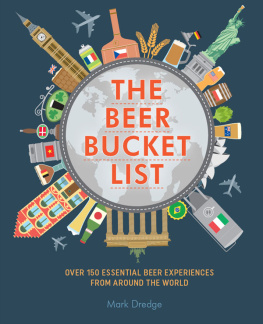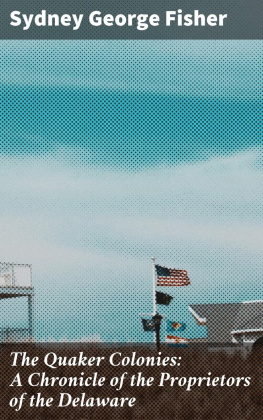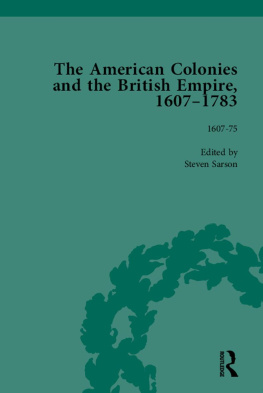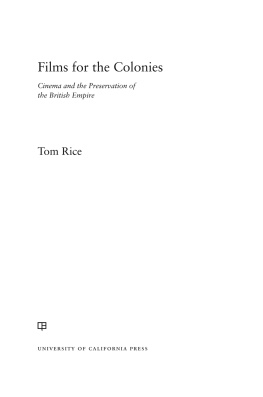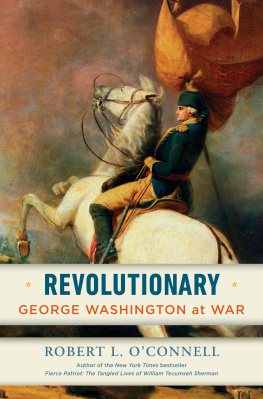CHAPTER I.THE BEGINNINGS OF ENGLISH EXPANSION
..................
MODERN POLITICAL SCIENCE IS BASED upon the fundamental proposition that the state is an organic entity. Consequently its history, like that of any other organism, is twofold in nature, internal and external. Its internal development finds expression in the constitutional, economic, and social systems, and in ultimate analysis is merely a succession of compromises securing a temporary equilibrium between the claims of the individual to complete freedom of action, and the opposing efforts of society to force the individual to subordinate his own particular interests to those of the commonwealth. The state, however, is not an isolated unit, but lives in an environment of other political organisms, and its external activity is conditioned by this fact. Internal development and external growth react mutually upon each other, and a period of marked successful readjustment of the social forces within the body politic is usually followed by years of quiet in internal affairs, and of corresponding activity in outward expansion, and so on in a regular series. Though at all times profoundly influenced by the course of internal development, the colonizing activities of the state are naturally primarily a part of its international history.
The expansion of England in the seventeenth century was not the result of isolated or fortuitous circumstances, but, like all great historical developments, it was intimately connected with the main currents of the worlds political evolution. In its broadest phase, the colonial movement was an episode in the perennial conflict between East and West, the two antithetical extremes which have never been able to meet on a common ground. From time immemorial up to the discovery of America, the most important of world trade-routes has been that connecting the Occident and the Orient. This commerce brought. to Europe the spices, silks, ivory, and precious stones of the East, and greatly enriched those communities most favorably located for engaging therein. During the middle ages; access to the East could be obtained virtually only from the Mediterranean, and as a consequence, the Italian cities were able to control this commerce. From Italy the Eastern products were sent to the German Hanseatic cities, whence they were distributed to the rest of Europe. As a result of their location on this primary trade-route, these cities were exceedingly prosperous and powerful. This condition lasted until the rise of the Ottoman power in the fifteenth century, when the Turks not only captured Constantinople, but also developed a formidable navy and made themselves masters of the Mediterranean. As a consequence, Europe was to a great extent cut off from trade with the East.
The dissatisfaction with this state of affairs and the imperative demand for a renewal of regular commercial intercourse with the Orient led to that period of intense scientific and exploring activity, which culminated in the discoveries of Columbus and Vasco da Gama. Almost simultaneously a new highway to the Indies was revealed, and a new world was opened to Europe for economic exploitation. To the rich commerce of the Indies was added the untold wealth of America. The consequences were revolutionary. The old trade-routes were abandoned, and the prosperity of the Italian and German cities was a thing of the past. The future belonged not to the Mediterranean countries, but to those on or near the Atlantic seaboard. Spain and Portugal, to whom the credit of these two great discoveries was due, naturally profited first thereby. In this, these two states were aided not only by prior discovery, but also by the bull of demarcation issued by Alexander VI. This document, dividing the entire unexplored and pagan world between these two states, constituted an unquestionable title which, prior to the Protestant Revolt, no other nation dreamed of challenging. For a time Spain and Portugal enjoyed their monopoly, but it was inevitable that other nations should fret under the restraints imposed by the papal bull, and should seek a share of the wealth flowing into the states of the Iberian peninsula. Because of the bitter religious wars, France was in no position to enter as competitor into the field. Nor was Germany better situated; for not only did religious wars ravage that country, but in addition, the extreme decentralization of the state would in itself have prevented any effective national commercial and colonial policy. With the French and Germans out of the contest, Portugals monopolistic barriers in the East and Spains in the West were to be pulled down by the Dutch and the English.
It was only a few years after Columbuss landfall, that England entered upon the movement which, with many vicissitudes of fortune, has resulted in the present British v Empire. In 1496, Henry VII granted to John Cabot and his sons a patent, which contemplated not only the discovery, but also the political acquisition of some then unknown lands to the west of England, This intrepid navigator succeeded in reaching North America, but beyond furnishing England with a technical legal claim to this territory, his exploit was barren of tangibly concrete results. Although in the years following immediately thereafter, some similar enterprises were authorized by the English government, the movement was premature and abortive. England was a comparatively poor country, and did not have the necessary resources for such expensive undertakings. The country had not yet fully recovered from the destruction wrought by the protracted Wars of the Roses, and in addition, the relations with Scotland had not yet been established on a durably peaceful basis. Later, the nation was to a large extent absorbed in the religious questions raised by Henry VIIIs breach with Rome, and had no surplus stock of energy to devote to colonization. But above all, before the success of the Protestant Revolt, the papal bull debarred Catholic England from access to the most attractive parts of America. Thus for nearly two generations, the work was intermitted; and was then resumed in the exploring, commercial, and colonial activity of the Elizabethan age. The connecting link between these two periods is supplied by the hardy fishermen from the western ports of England, who in the interval were beginning to frequent Newfoundland and its fishing banks.
There is a close connection between the varied activities of the Elizabethan seamen and the future colonial movement. With the object of establishing direct commercial relations with the Far East, many devoted their attention to finding a northern route to those semi-legendary lands of fabulous riches. The famous lines of Horace:
Inpiger extremos curris mercator ad Indos,
Per mare pauperiem fugiens, per saxa, per ignes,
were quoted time and again by those enthusiastically supporting the complex movement of commercial and colonial expansion. To a certain extent they furnish the keynote to this manifold activity. The expedition of 1553 under Chancellor and Willoughby, which Sebastian Cabot supervised, was unsuccessful in its quest for a northeastern passage, but led directly to the formation of the Muscovy Company. Moreover, it was in searching for a northwestern route to the East that Sir Humphrey Gilberts interest was deflected to the colonization of America. For a long time this continent was in the eyes of many merely a halfway station to the ultimate goal in the East.




